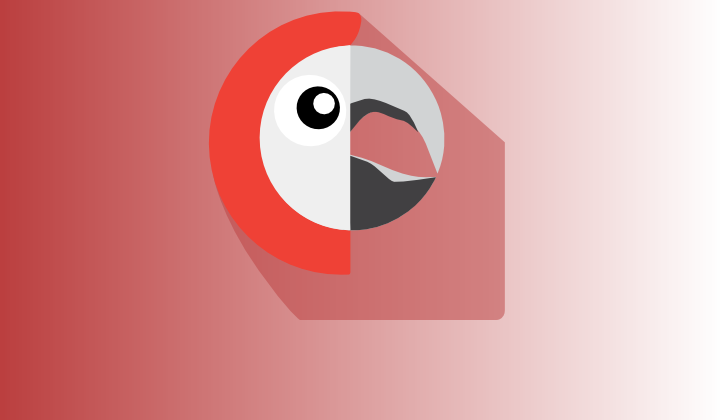With over 800,000 installs, Polylang is the most popular multilingual plugin available on the WordPress directory.
You write your posts, pages and create categories and post tags as usual, and assign a language to each of them. The translation, whether it is in the default language or not, is optional.
- You can use as many languages as you want. RTL scripts are supported. WordPress languages packs are automatically downloaded and updated.
- You can translate posts, pages, media, categories, post tags, menus… Custom post types, custom taxonomies, sticky posts and post formats, RSS feeds and all default WordPress widgets are supported.
- The language is either set by the language code in URL, or you can use one different subdomain or domain per language .
- The original content, categories, post tags as well as some other metas can be automatically copied when adding a new post or page translation . Two posts can even be synchronized to appear the same in different languages.
- A customizable language switcher is provided as a widget or in the nav menu.
NB : If you are running a WooCommerce shop, you will also need Polylang for WooCommerce. You may consider the bundle of Polylang Pro and Polylang for WooCommerce.
Check the table below to know more about the extra features of Polylang Pro:
| Polylang | Polylang Pro | |
|---|---|---|
| FREE | 99.00€ | |
| Translate posts, pages, media, categories, tags | ||
| Translate Custom post types and custom taxonomies | ||
| Translate menus and widgets | ||
| Use subdirectories, subdomains or separate domains | ||
| WPML API compatibility | ||
| DeepL integration (Doesn't work with Elementor) | ||
| XLIFF Import/Export | ||
| Translations can share the same slug in the URL | ||
| Translate slugs in URLS (custom post types, taxonomies and more...) | ||
| Duplicate posts across languages | ||
| Enable or disable languages | ||
| REST API Support | ||
| Additional integration with ACF Pro | ||
| Block Editor support | ||
| Site Editing support | ||
| Premium support |
 Polylang
Polylang 